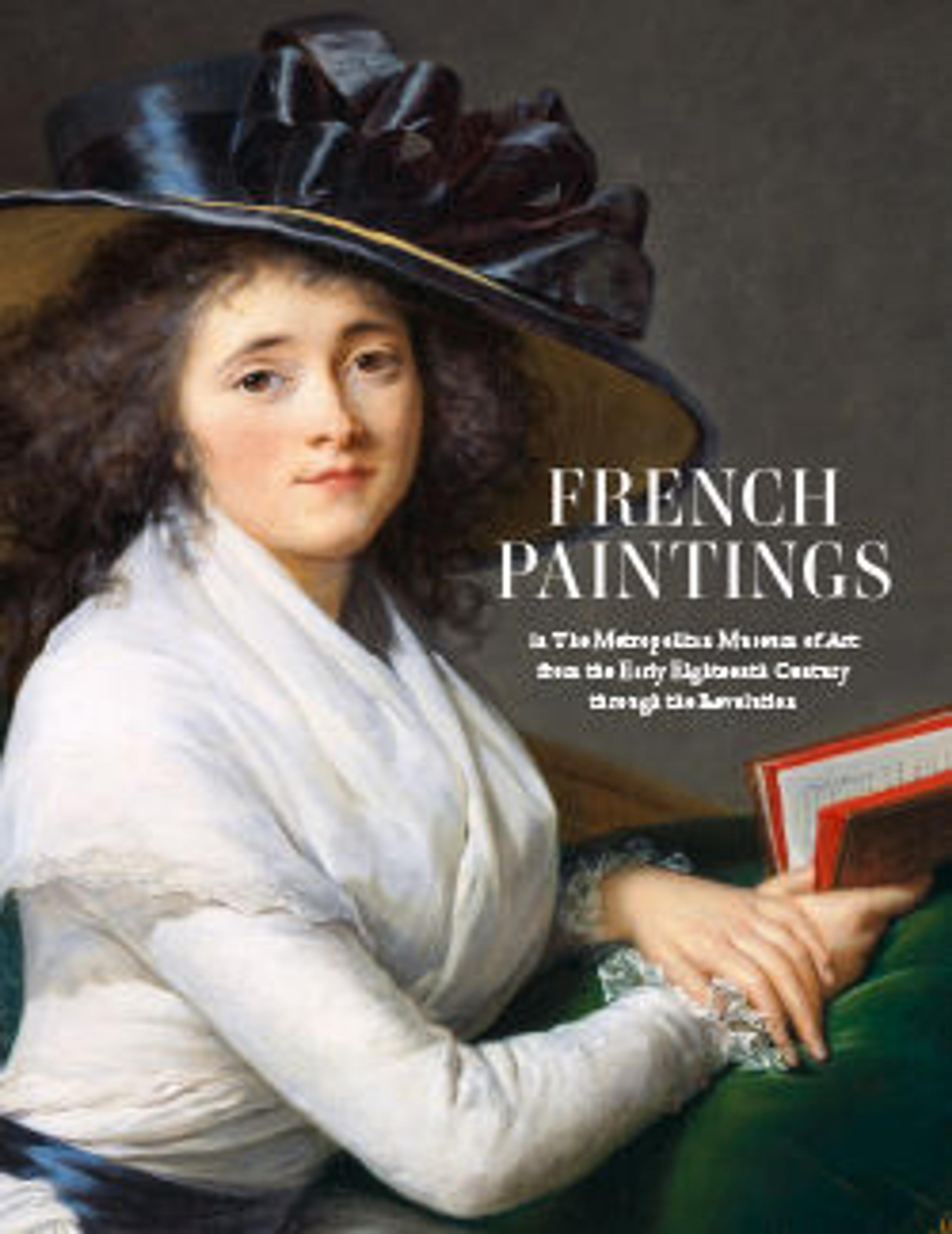Head of a Man
This expressive sheet is a study for the man's head in Watteau's painting Mezzetin, also in the Museum's collection (34.138). Mezzetin was a character in the popular commedia dell'arte, typically amorous and sentimental. In the Museum's painting, he sits on a stone bench outside a building, playing a guitar and gazing plaintively at an unseen window. The artist placed a female garden statue in the woods behind the Mezzetin, its back turned to the actor, suggesting an unrequited love. In this robust red and black study, Watteau established the angle of the head, the uplifted eyes, and the parted lips that were carried over into the painting. In its emotional force and the melding of the two colors of chalk, this sheet recalls the precedent of Rubens, an artist much admired by Watteau.
Artwork Details
- Title:Head of a Man
- Artist:Antoine Watteau (French, Valenciennes 1684–1721 Nogent-sur-Marne)
- Date:ca. 1718
- Medium:Red and black chalk
- Dimensions:5 7/8 x 5 3/16 in. (14.9 x 13.1 cm)
- Classification:Drawings
- Credit Line:Rogers Fund, 1937
- Object Number:37.165.107
- Curatorial Department: Drawings and Prints
More Artwork
Research Resources
The Met provides unparalleled resources for research and welcomes an international community of students and scholars. The Met's Open Access API is where creators and researchers can connect to the The Met collection. Open Access data and public domain images are available for unrestricted commercial and noncommercial use without permission or fee.
To request images under copyright and other restrictions, please use this Image Request form.
Feedback
We continue to research and examine historical and cultural context for objects in The Met collection. If you have comments or questions about this object record, please contact us using the form below. The Museum looks forward to receiving your comments.
